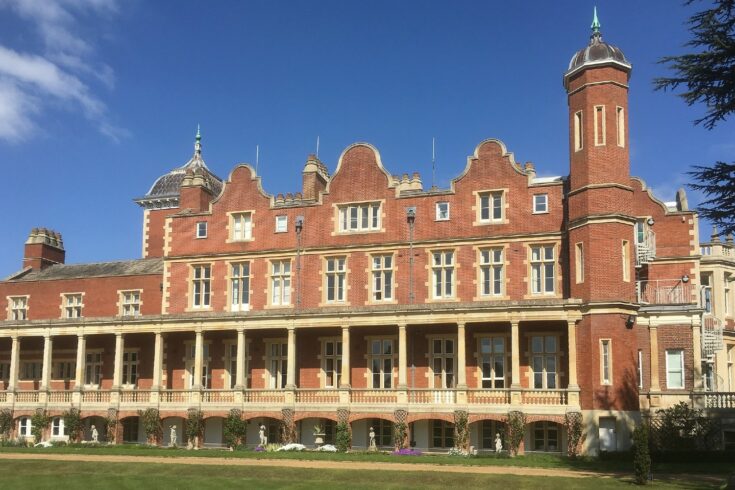The Board of Trustee Directors of the BBSRC-funded Babraham Institute is delighted to announce Professor Wolf Reik has been appointed as the institute’s director.
The announcement follows an open and international search.
Professor Reik, FRS FMedSci, has held the position of acting director since May 2020 following the tragic death of Professor Michael Wakelam.
Internationally renowned expert
Professor Reik is an internationally renowned expert in the field of epigenetics who has led the institute’s research programme in this area since 2008.

Professor Wolf Reik (credit: Babraham Institute)
He discovered the key molecular mechanisms of genomic imprinting and of epigenetic reprogramming.
His research focuses on understanding the epigenetic mechanisms governing mammalian development and ageing.
Core interests of his research include:
- the establishment and maintenance of cell identity by epigenetic modifications to the genome
- the process of cell reprogramming back towards a stem cell identity
- the degradation of cell identity by age-related epigenetic changes.
Essential leadership and stability
Professor Peter Rigby, FRS, FMedSci, Chair of the institute’s board said:
I am very pleased indeed that Professor Reik has agreed to become director of the institute. He is a world-class scientist, internationally renowned for his work in epigenetics, who has been at the institute for over 30 years.
I know that he will provide the essential leadership and stability that will be required during the uncertain times that we all face and will guide the Institute forward to continued success in every aspect of its mission.
Speaking on behalf of the institute’s strategic funder, Professor Melanie Welham, Executive Chair of the Biotechnology and Biological Sciences Research Council (BBSRC), a part of UK Research and Innovation (UKRI), commented:
On behalf of BBSRC, I am pleased to congratulate Professor Reik on his appointment as the director of the Babraham Institute. He is a remarkable and highly-respected scientist and is particularly well qualified to guide the institute’s world-class life sciences research.
Professor Reik commented:
I am pleased and honoured to be able to take on this responsibility. I am also grateful for the support I have received across the institute, from our Board of Trustees, the Babraham Research Campus, and BBSRC.
Babraham is an incredible place, with an illustrious history of discoveries, firmly embedded within Cambridge’s vibrant science environment and with an exceptional international presence.
I am proud to build on the leadership of Michael Wakelam, and I am excited about the prospect of further developing the Institute’s work on the fundamental mechanism of ageing.
About Wolf Reik
Professor Reik obtained his MD from the University of Hamburg in 1985 where he remained to undertake his thesis work with Rudolf Jaenisch. He did his postdoctoral work with Azim Surani at the Institute of Animal Physiology, now the Babraham Institute.
He is honorary Professor of Epigenetics and Affiliate Faculty at the Stem Cell Institute at the University of Cambridge, and Associate Faculty at the Wellcome Sanger Institute.
He is a member of:
- European Molecular Biology Organization (elected in 2003)
- Academia Europaea (elected in 2011).
He is a fellow of:
- Academy of Medical Sciences (2003)
- Royal Society (2010).
Professor Reik has been a member of funding committees of several of the UK’s key research funders such as:
- Medical Research Council
- Cancer Research UK
- Wellcome Trust.
Further information
About the Babraham Institute
The Babraham Institute undertakes world-class life sciences research to generate new knowledge of biological mechanisms underpinning ageing, development and the maintenance of health.
Our research focuses on:
- cellular signalling
- gene regulation
- the impact of epigenetic regulation at different stages of life.
By determining how the body reacts to dietary and environmental stimuli and manages microbial and viral interactions, we aim to improve wellbeing and support healthier ageing.
The institute is strategically funded by BBSRC, part of UKRI, through strategic programme grants. It also receives funding from:
- other UK research councils
- charitable foundations
- the EU
- medical charities.

